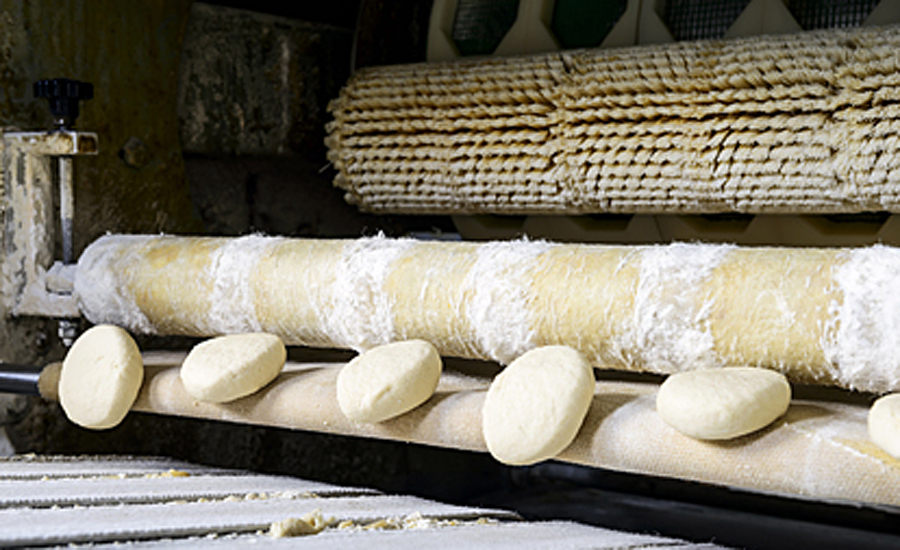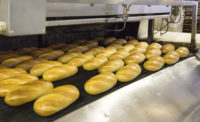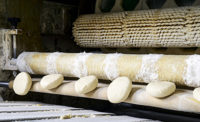Study: Frozen bakery market to reach $25B by 2024
Frozen cakes and pastries are expected to dominate the product market from 2017-2024.

The frozen bakery market is anticipated to reach $25 billion by 2024, according to new research by Global Market Insights, Inc., Shelbyville, Del.
Factors such as hectic lifestyle and need for easily consumable products in emerging economies continue to fuel the frozen bakery market. Further product innovation and advancement in techniques, including hydrocolloids, enzymes and sourdough fermentation improve quality of these goods, and will lead to growth in frozen bakery products. Enhanced lifestyle of consumers worldwide is also reason for increasing adoption of these products. Additionally, economic growth in some countries is a driving factor, as consumers have become capable of affording high-priced products.
However, preference for freshly baked and conventional products will obstruct the growth of the product market. Health-related problems and concerns for maintaining cold temperatures are other factors that can hinder the global market.
Frozen cakes and pastries are expected to dominate the product market from 2017-2024. Increase in import and exports of these products in regions such as Europe and North America will complement its growing market share worldwide. Additionally, cakes and pastries with low-protein wheat and higher gluten-starch ratio have witnessed popularity, and will contribute significantly to the industry. Frozen cakes are further segmented into pancakes, muffins and pound cakes.
The supermarket and hypermarket segment is estimated to surpass market value of $9 billion in 2024. Supermarkets have been successful in offering assorted products at low prices manufactured by major bakeries. They also have in-store bakeries that produce a variety of baked products. Increasing population and a one-stop-shopping solution provided by supermarkets and hypermarkets are expected to maintain the channel’s market share.
Asia Pacific will grow at a significant pace and account for a share of more than 20% in the market. Positive outlook of the region is attributed to consumers’ inclination toward frozen products from regular items in their meal. Additionally, frozen food adoption is increasing owing to its benefits of ease in availability, better quality, environment friendly manufacturing and reasonable pricing.
The consumption of frozen bakery products in Middle East and Africa is projected to exceed 220 kilo tons in 2024. The factor driving consumption of these products is consumers’ shift of dietary preferences to consume ready-to-eat products. Furthermore, escalating number of retail chains give a boost to the availability of these products.
Looking for a reprint of this article?
From high-res PDFs to custom plaques, order your copy today!





